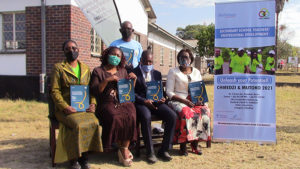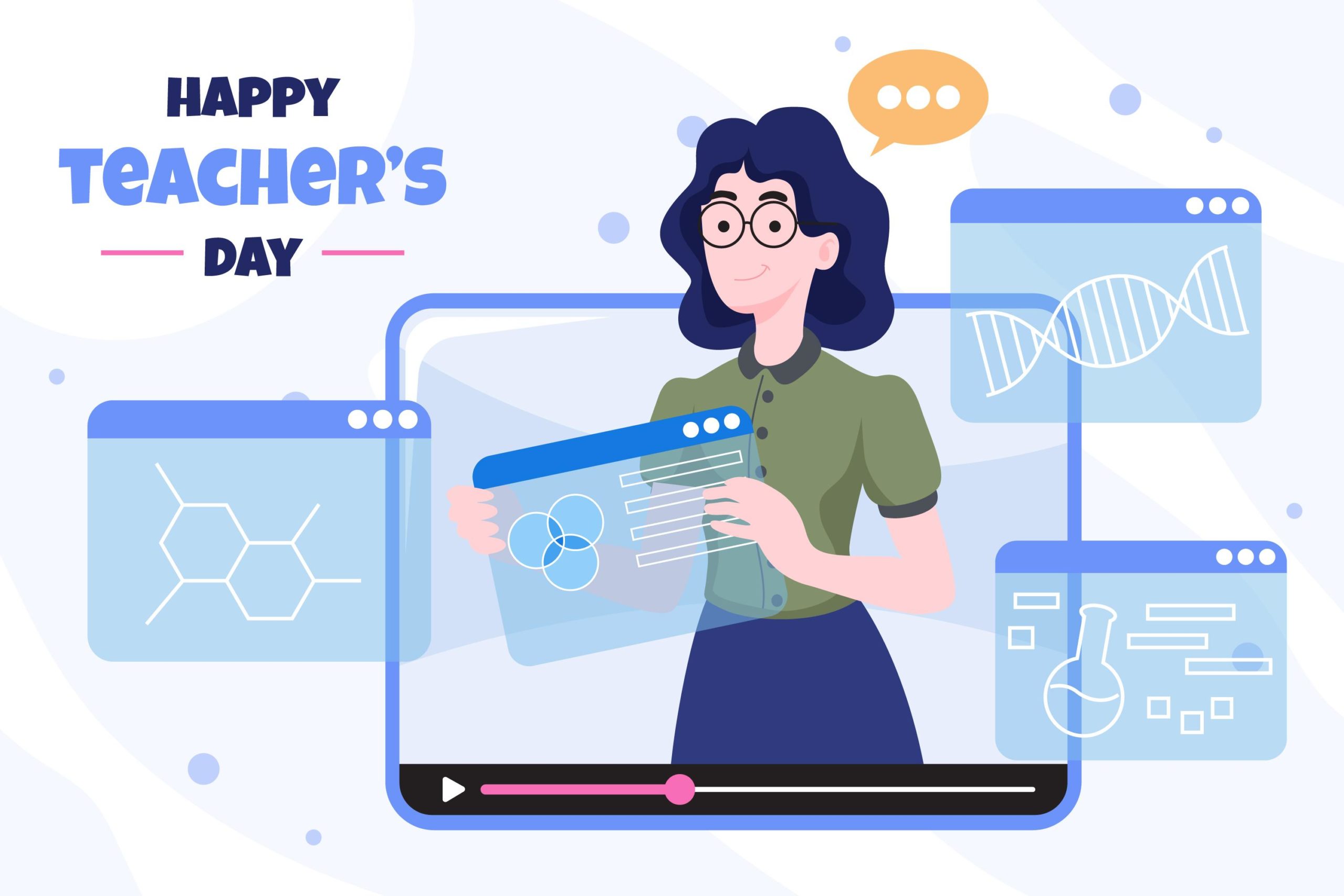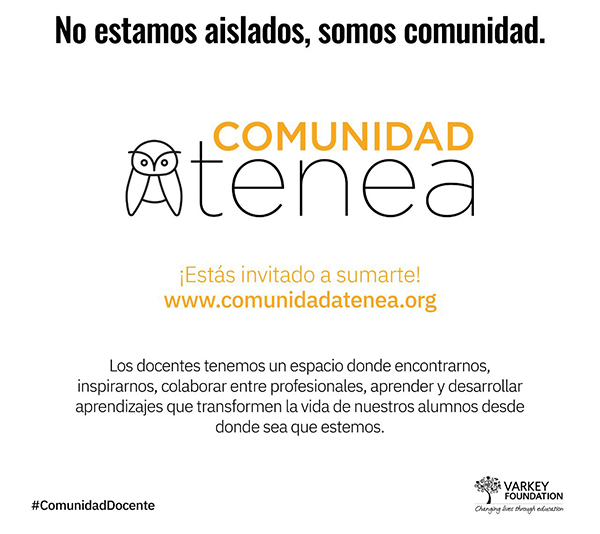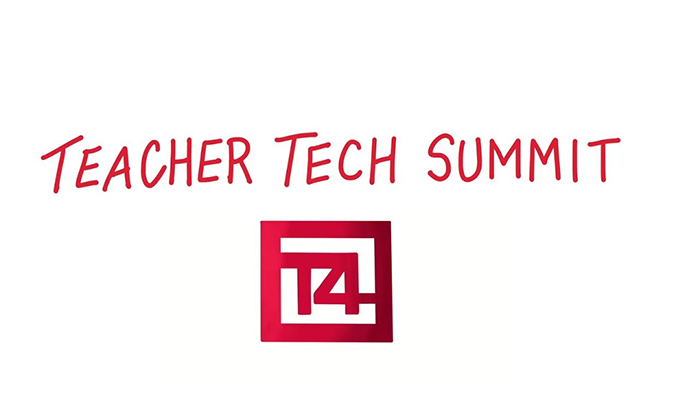Good teachers have a substantial impact on children’s learning, as well as on their well-being, as well as on their well-being and on their long-term social and occupational futures. This is truer today than in the past because, despite the dire predictions that the teaching profession would be doomed with the advent of the technological revolution, teachers remain the cornerstone of the education system. In this article we have asked ourselves what kind of teacher the 21st century needs.

Motivated and motivating.
No technology, not even the most advanced artificial intelligence, can replace the work of a teacher and the magic they perform in the classroom when the teacher is a good one. One of those that leave their mark. In-depth knowledge of what a learner is like and the special connection between learner and teacher is unique to each individual. Because algorithms cannot inspire their students, nor ignite their curiosity. That is why the teaching profession is more alive today than ever before. Because we need trained teachers, who step out of the classroom to go beyond the chalk and talk lesson. Motivated teachers who are able to motivate, who handle new pedagogies and are capable of activating the desire to learn in their students.
Designer of learning experiences.
The role of the teacher in the classroom must be different from what it has been until now, as the purpose and nature of education has changed substantially. We live in new circumstances in which learning has expanded all its limits and in which the transfer of knowledge has become more horizontal and unstructured. In this new context, teachers 2.0 must play the role of mediators, orientators, facilitators and guides. They must create memorable learning environments and experiences. Because knowledge is online and is plentiful, but it is precisely because of this that all teachers have a good number of new tasks: they now must guide the search processes, analyse the information found, select what is really needed, interpret the data, synthesise the content and share it; these are just some of the many tasks that the teacher must guide.
No technology, not even the most advanced artificial intelligence, can replace the work of a teacher and the magic he or she performs in the classroom, when he or she is one of the good ones.
Models of digital citizenship.
Although it’s a concept that undergoes constant reconstruction, we could say that digital citizenship consists of the competences that a citizen must have in this hyper-connected era in order to be able to exist in this space. This means competences to sift through information, to communicate, to take care of oneself, to create in a completely different space, to democratise information. It is a skill set that allows us to know what duties and rights we have in a space that is in continuous transformation. Several studies have shown that students expect to receive orientation from their teachers about how to behave in cyberspace, in the cybernetic world, as to what their responsibilities are, and what are the implications of their digital presence; for this reason, the teacher has to be prepared to lead and promote the necessary discussions on these ethical and legal implications that the digital world brings today to all its users.
Eternal learner
Another group of very important digital skills that the teacher must develop is the ability to use technology for their own professional development, through self-evaluation, the search for new content and new practices that can enrich the practice of their profession. The use of technology in professional development has become an essential competence not only for teachers, but also for any 21st century professional who seeks to learn throughout his or her career, known as “lifelong learning”. This need is becoming a vital requirement for all of us. To meet this demand in an immediate way, we must use technology, which allows us to access a rich variety of resources and professional development opportunities.
Learn in community
Teachers feel left alone in their professional educational role. According to data available, this is particularly true for teachers in Southern European countries, Latin America and the Caribbean. According to the latest TALIS report (Teaching and Learning International Survey), produced by the OECD in 2018, teachers’ participation in collaborative activities is rare. In contrast, teachers are enthusiastic and motivated when they participate in collaborative learning networks collaborative learning networks. This is borne out in a qualitative study on professional learning networks, for which 1,417 educators from 47 countries were interviewed. Respondents spoke enthusiastically about their experiences with these networks, describing them as “diverse and multifaceted networks of people, communities, tools, platforms and resources” that had brought them affective, social and cognitive benefits. Almost all participants in the study claimed to have changed their teaching practices as a result of their participation in such platforms and a quarter of them attributed to these networks a change in their way of thinking about teaching and moving towards new conceptions of their professional identities.
The shift brought about by the advent of new technologies is a challenge that educational institutions must face. And this change must start with its key player: teachers. The role of teachers must change radically. This change is everyone’s responsibility: teachers, families, schools and public administrations. The future of our societies depends on our ability to understand, embrace and promote it.
Cover image: Freepik.






